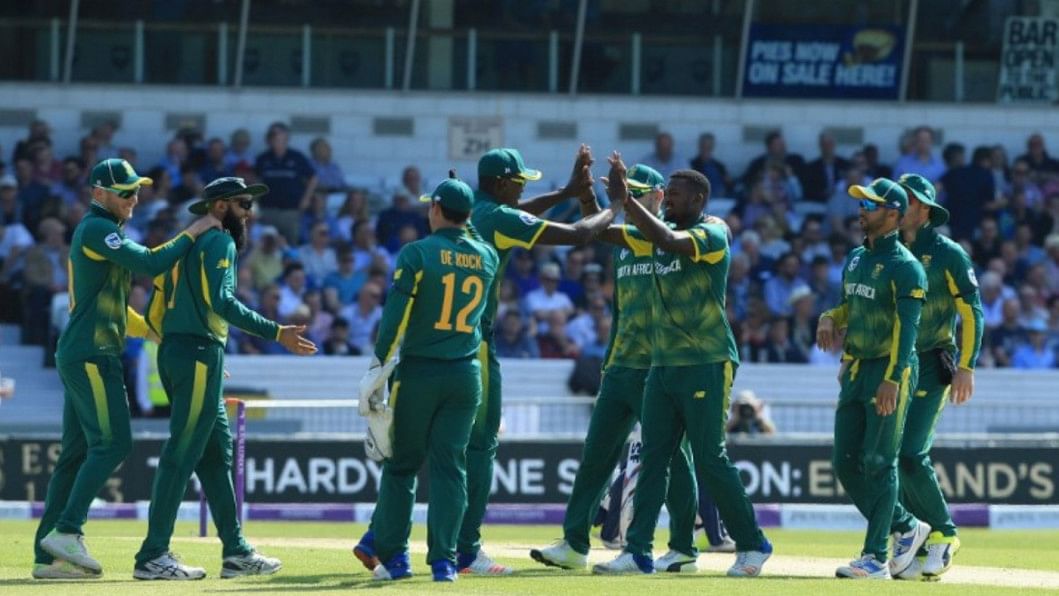Proteas pursue great obsession

South Africa's quest for a major international cricket trophy has become enough of an obsession for star batsman and one-day international captain AB de Villiers to put his Test career on hold.
When he announced in January that he was cutting back on Test cricket, De Villiers, 33, said the main goal for the rest of his career was to win the 2019 World Cup in England.
But a victory in the Champions Trophy, also in England, would go a long way to relieving the pressure that has built on South African teams during 19 years of near-misses and outright failures in global events -- pressure that has seen South Africa labelled "chokers" because of their tendency to perform well in limited overs cricket but crumble in one-off knockout games.
Gary Kirsten, South Africa's coach during their previous Champions Trophy campaign, in England in 2013, confronted the issue head-on by discussing the perception with his players, rather than having it as an unseen or unspoken elephant in the room.
South Africa reached the semi-finals but Kirsten, who had already announced he did not plan to renew his contract, acknowledged they "choked" when they were beaten by the hosts.
South Africa were the first winners of the Champions Trophy, then known as the ICC Knockout, in Bangladesh in 1998.
Since then, six further knockout/Champions Trophy tournaments have produced four semi-final appearances, all of which ended in defeat.
During that period, four World Cups and six World Twenty20 tournaments have seen a further four semi-final defeats to go along with semi-final and quarter-final defeats in their two pre-1998 World Cups.
In several tournaments South Africa have been impressive in the group stages before falling at the penultimate hurdle.
There is additional pressure for South Africa this year because they were ranked as the number one team in one-day international cricket when they arrived in England for a three-match series against the hosts leading into the Champions Trophy.
Following successive 5-0 clean sweeps at home against Australia and Sri Lanka last season, as well as a 3-2 series win away against New Zealand, De Villiers said: "If we play the type of cricket we have played in the past couple of years I believe that no-one can stop us."
"Our biggest strength is the balance in the squad. We cover all the bases when it comes to spin, seam and proper pace bowling."
South Africa have three of the top six players in the ICC one-day rankings, headed by De Villiers at number one, with Faf du Plessis and wicketkeeping prodigy Quinton de Kock in fifth and sixth places.
Leg-spinner Imran Tahir is the top-ranked bowler while fast bowler Kagiso Rabada is fifth.
Encouraging for South Africa is the emergence of all-rounders such as Chris Morris and Andile Phehlukwayo, picked primarily for their bowling ability but who have shown big-match temperament as lower-order batsmen in tense run chases.
While the playing squad is reasonably settled, there is uncertainty over the future of Russell Domingo, who has been the coach since Kirsten quit in 2013.
Domingo's contract, which has already been extended twice, ends in August after a Test tour of England.
Cricket South Africa has started a process to fill the post and Domingo has not indicated whether he intends to apply to keep his job.
Given their history in big tournaments, the ability to rise to the occasion in knockout games could be the biggest challenge for South Africa.









Comments